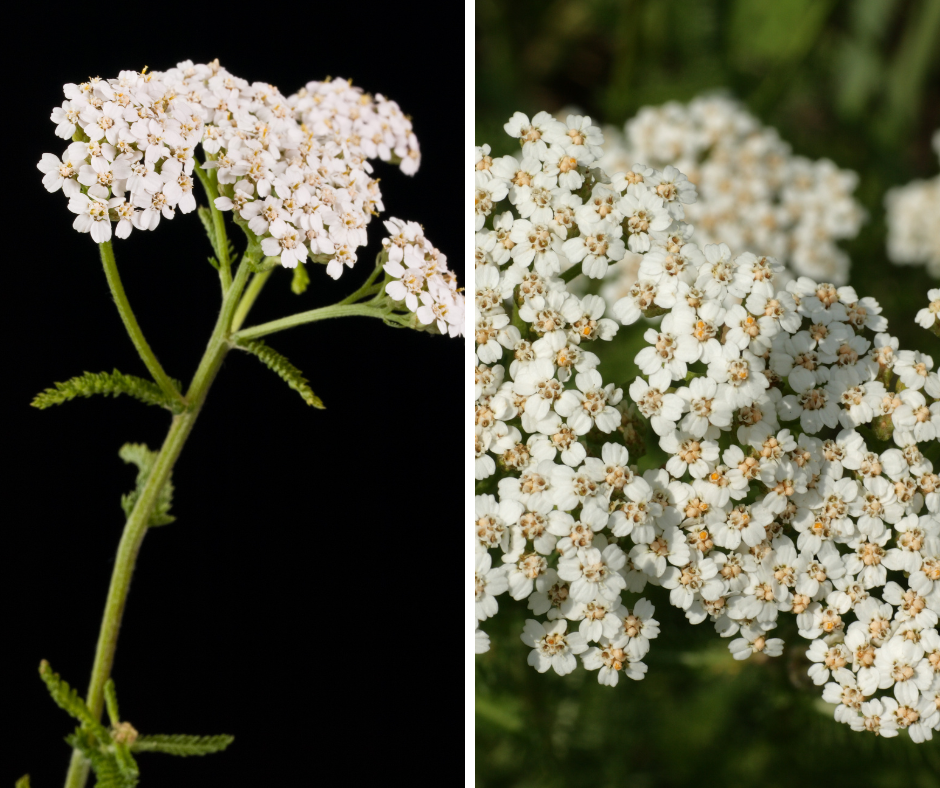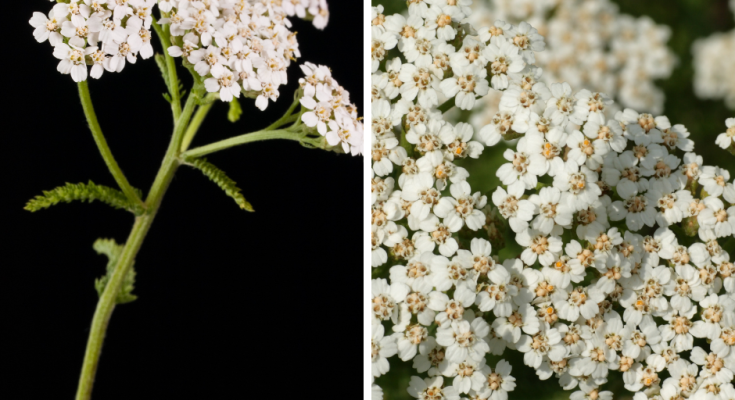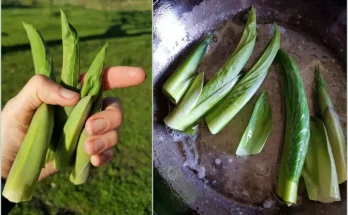The Many Uses and Benefits of Yarrow: A Healing Herb
Its numerous health benefits and practical applications make it a valuable addition to your natural remedy toolkit.
Yarrow, scientifically known as Achillea millefolium, is a versatile and ancient herb that has been treasured for its numerous health benefits and practical applications. This hardy perennial plant is native to Europe and Asia but can be found growing in many regions around the world.
In this article, we’ll explore the remarkable benefits of yarrow and how you can use it for various purposes.

The Health Benefits of Yarrow
1.Wound Healing
Yarrow has been traditionally used as a wound healer. It contains compounds like achilleine and tannins that can help staunch bleeding by constricting blood vessels and promote the healing of minor wounds, cuts, and bruises.
2. Anti-Inflammatory Properties
Yarrow has anti-inflammatory properties, which make it a potential remedy for conditions like arthritis and joint pain. It can help reduce inflammation and provide relief from discomfort.
3. Digestive Health
Yarrow has been used to alleviate digestive issues such as indigestion, bloating, and gas. It can stimulate digestion, improve appetite, and soothe an upset stomach.
4. Fever Reduction
Yarrow is a diaphoretic herb, meaning it promotes sweating. This can be beneficial when trying to break a fever, as it helps the body release toxins and cool down.
5. Respiratory Relief
Yarrow’s expectorant properties can help relieve congestion and ease respiratory conditions like colds and bronchitis. It can encourage the loosening and removal of mucus from the respiratory tract.
6. Menstrual Health
Yarrow has been used to alleviate menstrual cramps and regulate menstrual cycles. It can help reduce the intensity and duration of menstrual pain.
7. Blood Pressure Regulation
Yarrow may contribute to blood pressure regulation due to its ability to dilate blood vessels, thus improving circulation and reducing high blood pressure.
How to Use Yarrow
- Yarrow TeaTo make yarrow tea, steep 1-2 teaspoons of dried yarrow leaves and flowers in hot water for about 10-15 minutes. This herbal tea can be consumed to alleviate digestive issues, fever, and menstrual discomfort.
- Topical ApplicationCreate a yarrow-infused oil by steeping dried yarrow in a carrier oil like olive oil. This oil can be used topically to promote wound healing and relieve muscle and joint pain.
- Tinctures and ExtractsYarrow tinctures and extracts are available and can be added to water or other beverages to benefit from its medicinal properties.
- Steam InhalationInhaling the steam from a yarrow infusion can provide relief from respiratory conditions. Simply add yarrow to a bowl of hot water, drape a towel over your head, and breathe in the steam.
- Salves and BalmsYarrow can be used to make healing salves or balms. Combine yarrow-infused oil with beeswax to create a soothing ointment for wounds and skin irritations.
- Yarrow Bath:Add dried yarrow leaves and flowers to your bath to promote relaxation, soothe muscle aches, and reduce inflammation.
- Culinary UseYarrow is occasionally used as a culinary herb to flavor soups, stews, and salads, adding a slightly bitter, herbaceous taste.
Precautions
While yarrow offers many benefits, it’s essential to use it responsibly. Some individuals may be allergic to yarrow, so it’s recommended to perform a patch test before using it topically. Pregnant or nursing women should consult a healthcare professional before using yarrow, as it may stimulate uterine contractions.
In conclusion, yarrow is a versatile and valuable herb with a long history of traditional use. Its numerous health benefits and practical applications make it a valuable addition to your natural remedy toolkit.
Whether in the form of tea, topical applications, or as part of your culinary repertoire, yarrow is a versatile herb that has much to offer in terms of health and well-being.



